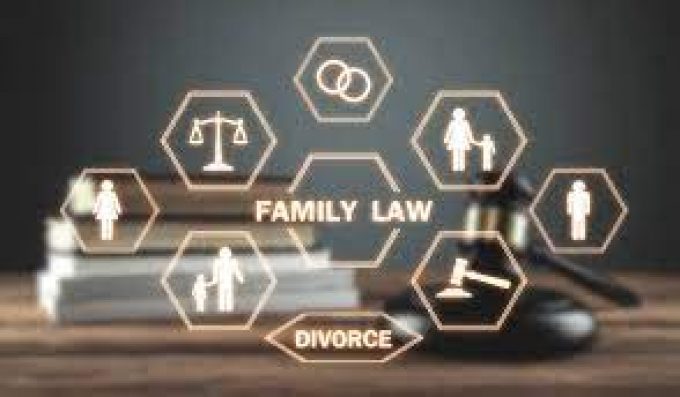Sole child custody is not something the court of law frequently approves of. In most cases, parents of the child share physical and legal custody post-divorce. It is usually in the best interests of the child to maintain a healthy relationship with both parents, thus family law courts encourage joint custody. This way the child gets to live with both parents for equal amounts of time. In some cases, one parent gets primary custody, while the other sustains visitation rights. The parenting plan is formulated in accordance with work schedules, lifestyle, and personal convenience of both parents.
However, there are circumstances when distancing the child from one of the parents is actually necessary for their wellbeing. If you think that your ex is unfit for childcare or poses a threat to their life/health, Virginia Family Law Attorney can help you attain sole custody. Below are 8 legit reasons to pursue sole physical and legal custody of your child:
1. Abandonment
If your ex abandoned you and your child a long time ago or has a habit to disappear for prolonged periods, you are entitled to claim sole custody for your child. You ex should not have the privilege to barge into the life of your child whenever they want and then leave without an explanation. This kind of behavior can be disturbing for the child because he/she deserves a parent who is reliable and reachable at all times.
2. Neglect
A parent who has rarely shown affection to the child or never contributed to childcare in any way does not deserve to remain a part of their life. If your ex in incapable of providing the child with basic necessities, such as food, shelter, clothing, education, and healthcare, you may lawfully accuse them of child neglect.
3. Abuse
If your ex has physically and/or emotionally abused the child in the past, you must ensure that it does not happen again. The court of law does not tolerate assault or sexual exploitation of a child; hence, the perpetrator will be punished severely for their actions. Abusive parents are readily deprived of custody and visitation rights.
4. Domestic Violence
If you yourself are a victim of domestic violence, you would naturally prefer that your child is not exposed to it. A partner that harbors aggression and violent tendencies can be dangerous for the child as well. If you can prove that your ex is guilty of domestic abuse, the court will protect the child by awarding you sole custody.
5. Mental Disorder
A person that suffers from a serious mental disorder is in no shape to take care of the child. The illness may render them unfit to work and live a normal life, thus leaving a child under their supervision would be unacceptable. The mentally ill parent may appeal for supervised visitation or redeem custody rights after they have obtained necessary treatment/rehabilitation and recovered.
6. Substance Abuse
If your ex is an alcoholic or drug addict, you can easily demonstrate that they are ineligible for parenting. Individuals who are constantly intoxicated or under the influence of an illicit substance cannot perform parental duties or embody a positive role model for children; they might even endanger the child’s life in this state. The child is better off without the interference of an addict/substance abuser in their life
7. Imprisonment
If the other parent of your child was convicted and incarcerated for a felony or heinous crime, you probably don’t want the child to associate with them in any way. The imprisoned parent may not be able to provide for the child for several years or their lifetime, so it makes sense to cut off ties. Having the child visit this parent in prison may lead to emotional damage.
8. Relocation
If your ex is moving to a far off place (out of country or to a distant state), it would be difficult to maintain a joint custody arrangement. Visitation rights would be more suitable for a parent who has to constantly relocate in relation to their profession or line of work. The family court will grant you sole custody if it appears to be appropriate and beneficial for the child’s upbringing.


